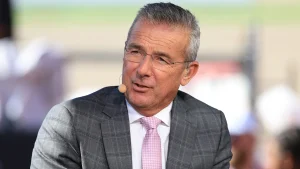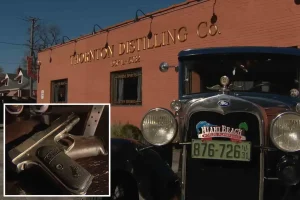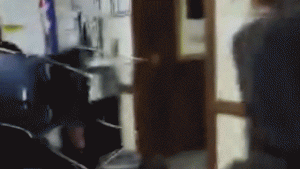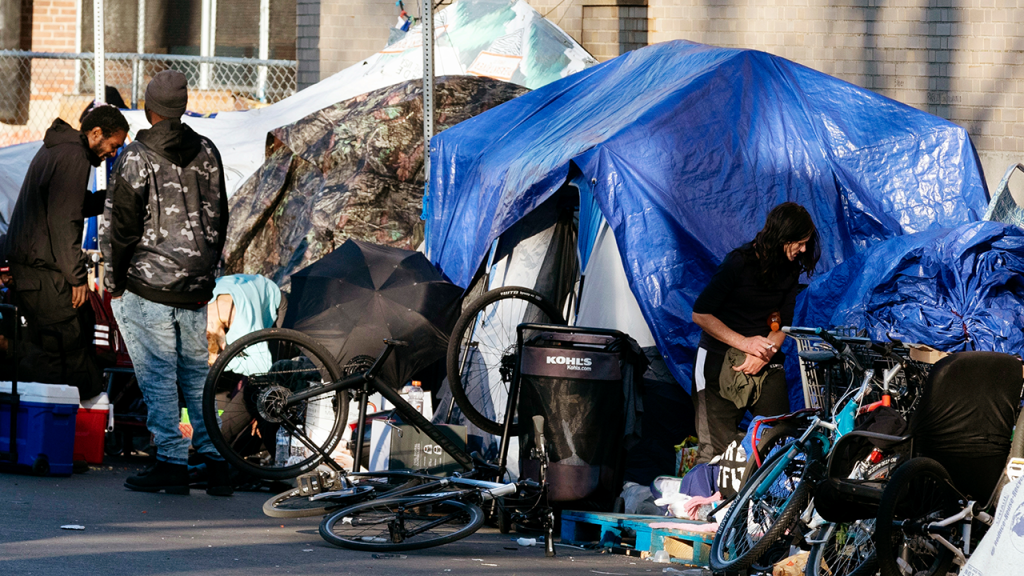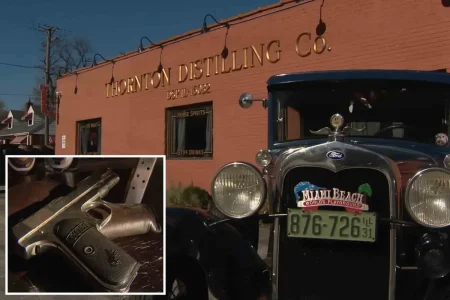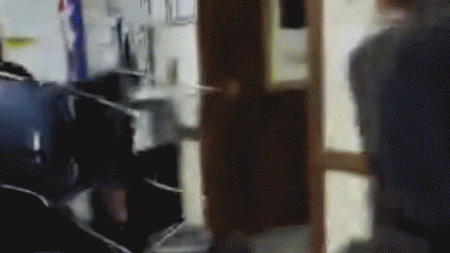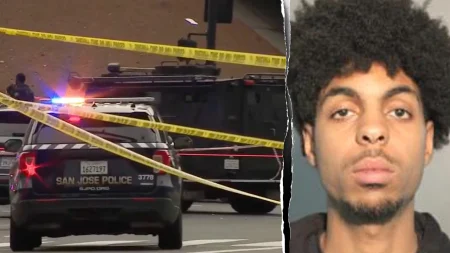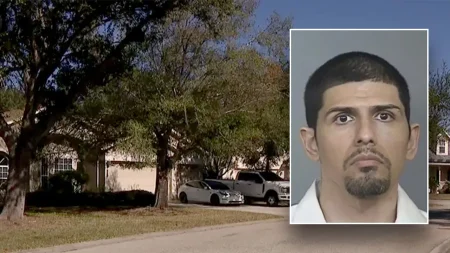Boston’s Homicide Surge Raises Alarms About Criminal Justice Policies
In a troubling development that stands in stark contrast to national trends, Boston has experienced a dramatic 143% increase in homicides during the first half of 2025. While cities across America have seen violent crime rates decline by nearly 20% during the same period, Boston’s surge from seven to seventeen homicides has experts questioning the city’s approach to criminal justice and public safety.
Wendy Murphy, a Massachusetts-based legal analyst and former prosecutor with extensive experience in victims’ rights advocacy, describes the situation as “a flashing red warning light” that Boston’s progressive criminal justice reforms may be backfiring. At the heart of her concern is what she perceives as a systematic weakening of law enforcement capabilities under the current administration. Murphy argues that the policies championed by Mayor Michelle Wu and Governor Maura Healey have created an environment where police hesitate to enforce laws and criminals operate with increasing boldness. “When police know they’ll get in trouble for doing their jobs, the message is clear: don’t enforce the law,” Murphy explains. This reluctance to fully enforce the law, she contends, has created a culture where criminal behavior goes unchecked until it escalates to more serious offenses, including murder.
The contrast between Boston’s experience and national trends is particularly striking. According to data from the Major Cities Chiefs Association, which monitors crime statistics across 68 major American police departments, Boston stands out as one of just a handful of cities where killings have significantly increased while most metropolitan areas become safer. Murphy attributes this divergence to Massachusetts’ reputation as a lenient state for criminal offenders. She claims the state has become a “go-to” destination for those seeking to avoid serious punishment, noting that outside of homicide cases, offenders can typically expect minimal accountability. This perception, whether accurate or not, influences both criminal behavior and police morale, creating a self-reinforcing cycle that undermines public safety.
The notorious Mass and Cass corridor in Boston serves as a visible symbol of the city’s challenges. This area, long plagued by open-air drug use, homelessness, and associated crime, has become what Murphy calls “a symbol of what happens when leadership confuses compassion with inaction.” While city officials including Mayor Wu have claimed conditions have improved following last year’s removal of homeless encampments, many residents and neighborhood leaders disagree. Andrew Brand, co-president of the Worcester Square Neighborhood Association and a 30-year resident of the South End, told local media that “The conditions now are about as bad as I’ve ever seen them,” noting an alarming shift from unpleasant nuisance behaviors to actual violence and break-ins. This disconnect between official pronouncements and lived experience further erodes public trust in the system.
Perhaps most concerning is the impact on victims of crime, who increasingly feel abandoned by the justice system. Murphy reports that many victims express a sense of futility, questioning why they should bother reporting crimes when offenders face few consequences. “If your abuser keeps getting released, you’re being told the law won’t protect you,” she explains. This erosion of trust extends beyond specific victim groups to the general public, who increasingly perceive a justice system that does not function on their behalf. While Boston officials point to statistics showing drops in certain crime categories like robberies and assaults, Murphy counters that these numbers are misleading because many incidents never enter official statistics due to policies that divert, dismiss, or decline to charge offenses. The resulting “illusion of safety” contrasts sharply with residents’ daily experiences.
Murphy frames Boston’s homicide spike as a critical moment for voters to reassess their priorities regarding public safety. “This isn’t left versus right—it’s about whether you believe in law and order,” she argues, describing public safety as “the government’s first duty” and suggesting that Massachusetts has “confused kindness with chaos.” Her warning is stark: “A city that stops enforcing its laws will eventually lose control of its streets.” The question now facing Boston residents is whether the current approach represents a temporary adjustment period that will ultimately lead to both compassionate and effective justice, or whether fundamental changes are needed to reverse the troubling homicide trend. As the debate continues, seventeen families are left grieving losses that statistics suggest might not have occurred in most other major American cities during the same period.
